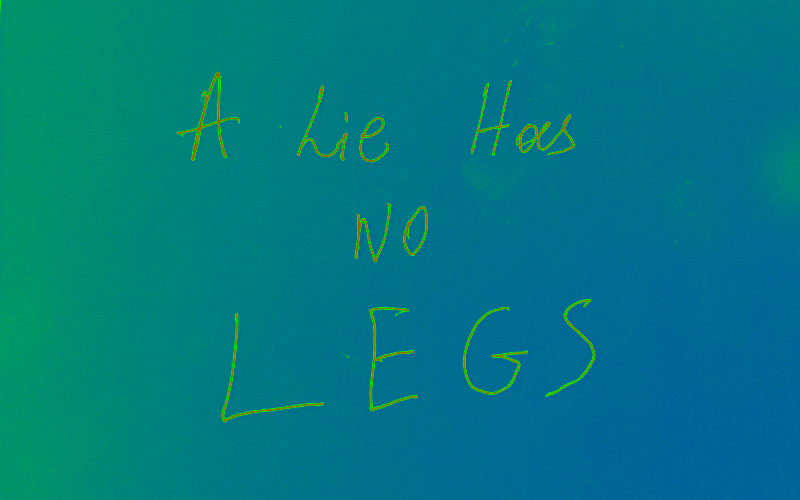In my minute experience as a piano teacher, I have concluded that, arguably, there are many questions coming from a student a piano teacher should never attempt to answer — at least, truthfully.
You might wonder why do I even raise this subject in this article. One of the reasons I attempt this is for you to write to me and comment and really enlighten me with your wisdom. All you better pedagogues and piano teachers than me you are most welcome to write and tell me your experiences with questions asked by your pupils, and of course, how you handled them. And I am not in any way patronising you here. It could be an honest survey, per se, so for us pedagogues to have a readily available list of all possible answered questions and relative scenarios handy. Ok, this sounds a bit far-fetched. But, let’s face it, at one point or another a hard question will arise, and we must be prepared, well, as much as possible, to tackle it.
Another reason I brought forward this theme in today’s article is because of a peculiar question I was asked recently — and needless to say, I didn’t have a clue on how to answer it. This question wasn’t of the type “Sir, are you sure you’re not an alien”, that I have to admit I was asked in the past by a student of mine in his effort to understand how my technique was of such a high standard — to his eyes, anyway. No, I am talking about a question of the type “Sir, what shall I do when my [parent, brother, friend, uncle] says this to me?” I mean, the question I was asked wasn’t from the child-abuse denomination, where you should immediately alert the authorities, but I won’t disclose this question today.
I am talking about hard questions like the following ones:
- Am I good at the piano?
- What should I say to my mum to persuade her I want to become a musician?
- Why my mum shouts at me all the time?
- Will I ever be able to play a solo recital at Wigmore Hall?
Well, all those questions require you to utilize one of the most unfailing elements of human communication… ‘lying’. Lying is one of the greatest “inventions” of humanity. Lying is so powerful that can turn a timid piano pupil into a superstar, my dearest friends. But, why do I dare say this un-pedagogical thing you might ask?
“Nikos, you should always be honest with your pupils and let them know what you really believe,” I hear you say.
Here’s an example using the last question from above: First, I would like to ask you whether it is possible for all your students to play at Wigmore Hall? Will they ever? Come on, be truthful to yourself for once, and abandon your uncontrollable urge for pedagogical acceptance using in-vogue pedagogical conventions. You know this cannot happen; perhaps only 1% of your students could ever walk the stage of the Wigmore Hall in London. I would go one step further and say that perhaps none of your students could make it to one of the world’s greatest venues.
But what would you say to your student if they asked this dreaded question? Would you say “No, you cannot play at Wigmore Hall, what are you thinking? It is very hard and you spend more time on TikTok than on practising the piano”. Would you say that? No, of course not. You need to lie, and you need to shamelessly lie to your student. I would say “Yes, you could play at Wigmore Hall one day, if you practise hard.” — before eventually that very student is graduating with a law degree and working in an office — The horror. You need to lie, but not only to your student. First, you need to lie to yourself. You need to lie to yourself because you know your student won’t be able to play at Wigmore Hall, and then you need to say yet another lie to your student: that they can make if they only tried their best. It is a lying fest, indeed.
So, you are blatantly lying, and you accept that. Don’t worry about it too much. It is human nature, after all. Young people depend on good wordings and fake encouragement from their parents, friends and peers. Even if they are 5 foot 4 and they aspire to become the next Michael Jordan, there will be someone around to promise them glory on the NBA. As you may have noticed, this website is by no means politically correct. But, perhaps that’s why many people read it, because at least it’s, to my eyes anyway, truthful.
Lie as much as possible, but lie with honour and purpose.
Never say your own truth to your student, because at the end of the day, you are not the seer Calchas. You are not to proclaim that your student won’t be able to play a piano recital at Carnegie Hall, then get to a spaceship to Mars, come back, win the Nobel prize in literature (with his lone novel), and proclaim the meaning of life while at it. You know zilch about your students’ potential.
So, stop playing the “honesty card” and start lying as soon as possible! Off you go!
Copyright © 1st of October 2022, by Nikos Kokkinis
===========


Thank for the great information. We’ll researched and appreciated. Thanks. http://www.moorefarmpianostudio.com
Thanks Bruce for your kind words.